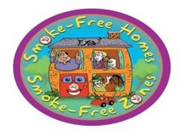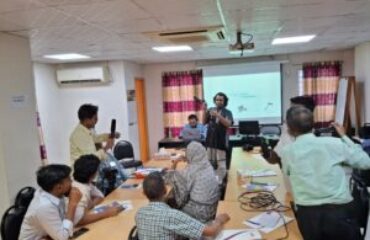Second-hand smoke (SHS) exposure costs 800,000 lives a year. Children in developing countries are worst affected as smoke-free laws are only partially implemented, and private homes and cars remain a key source of SHS exposure.
Children Learning About Second-hand Smoking (CLASS-III) is an ongoing project of ARK Foundation in collaboration with University of York. It is a multinational cRCT, through which we aim to assess the effectiveness and cost-effectiveness of a school-based Smoke-Free Intervention (SFI) in reducing children’s exposure to SHS and the frequency and severity of respiratory symptoms.The project started in the year 2010, to research the effects of secondhand smoke on children. Currently this research is in its third phase which explains the project name (CLASS-III).
We will conduct a two-arm cluster randomised controlled-trial in Dhakai. We will recruit and randomise 34 schools (1360 children), half of the schools will be allocated to the intervention arm receiving SFI and the other half usual education. A change in salivary cotinine -a highly sensitive and specific biomarker of SHS exposure- is the primary outcome which will be measured at month 3. Secondary outcomes include frequency and severity of respiratory symptoms, healthcare contacts, school absenteeism, smoking uptake and quality of life. An economic and process evaluation will also be conducted. The investigators’ expertise and track record within the field is complemented by their extensive links with schools and with policy makers of the country.
Full Title: Children Learning About Second-hand Smoking (CLASS-III)
Funder: Medical Research Council
Duration: March, 2022 – January, 2024
Host Institution: University of York, UK
For more details: To know more about CLASS III please visit:
https://archive.arkfoundationbd.org/class-iii-awareness-raising…/





